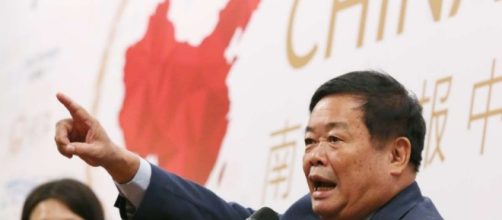While Chinese retail giant Uniqlo has threatened to close its operations in the United States because of a border tax that U.S. President Donald Trump is proposing, a glass maker in china has moved in the opposite direction.
$1-billion Moraine factory
Fortune reported that Fuyao Glass, owned by Chinese billionaire Cao Dewang, opened in October a $1-billion manufacturing plant in Moraine, a suburb of Dayton in Ohio. The facility used to be an assembly plant of General Motors which have been empty since late 2008 as a result of the global financial crisis that led to the closure of a lot of car-making factories in the U.S.
It was also during this period that a lot of American companies outsourced their Jobs in Asia and other countries where cost is lower. Trump wants to reverse the situation not just by creating more jobs for American workers as part of his Make America Great Again dream but also to stop outsourcing and block foreign workers from migrating to the U.S.
When the vehicle manufacturers restarted, they either downsized their operations in the U.S. or opened factories in Mexico and other countries where labor and other costs are significantly lower. However, Cao disputed the common belief that it is cheaper to manufacture in China than in the U.S.
Lower tax burden
He claimed the tax burden in China is 35 percent higher compared to the U.S.
The billionaire admitted that some manufacturing costs are higher in the United States, but low land prices could offset it, reasonable energy costs and other incentives that make manufacturing in the U.S. more profitable.
Fuyao Glass makes window panes that are sold in the U.S. Its Ohio factory employs almost 2,000 people. Once it is fully operational, the facility’s workforce requirements could increase to 3,000 which means more jobs for American workers, one of the campaign promises of Trump. Although wages of American employees are high, over the last four years, labor wages in China had risen three times, Cao said.
Cao added that to transport goods in the U.S., the company would spend the equivalent of less than one yuan per kilometer, while road tolls in China are higher.
Because of the escalating cost of manufacturing in China, some medium- and small-sized factories are instead shifting operations to Vietnam, Cambodia and other Southeast Asian nations where salaries and materials cost loss. In the last 12 months, Chinese companies invested more than $20 billion in the U.S. from zero in 2006.

